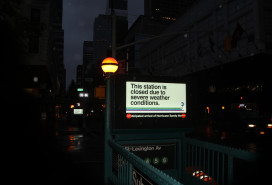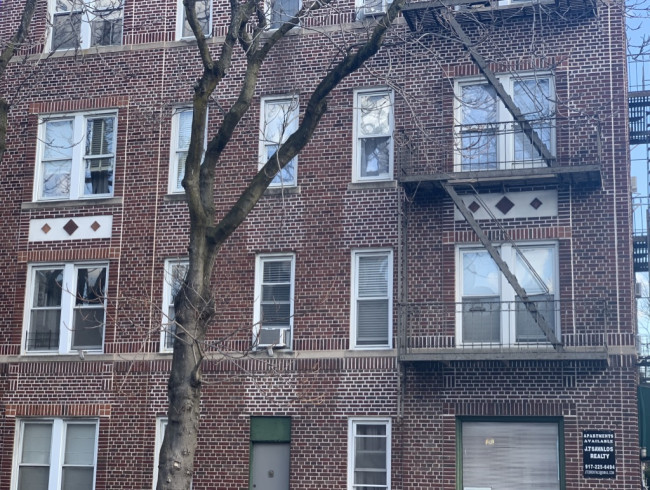We moved out of NYC temporarily. Can we reduce our apartment insurance?

Leaving town doesn't mean your apartment is safe from accidents.
We've left the city, and our apartment is going to be empty for several months. Can I reduce my insurance? Since we're not home, it seems like there's far less chance someone could get hurt in the apartment, so I'm wondering if we could at least reduce our liability coverage.
Leaving town doesn't mean you've eliminated the chances of something going wrong in your apartment, our experts say, so you should probably keep your insurance as is.
"You could opt to reduce your limits at anytime, but there is not a relationship between occupancy and fewer claims," says Jeffrey Schneider of Gotham Brokerage (a Brick sponsor). "In fact, with damage often goes undetected because so many apartments have been temporarily vacated, so losses, especially water damage losses, may be more severe."
Water damage is one of the most common reasons that homeowners file insurance claims, and now that it's winter, frozen pipes and pipe bursts are a greater concern than usual. And if you're living elsewhere when a leak or flood occurs, the damage to your apartment can be even more severe, so you'll want to make sure your policy protects you in the event of these kinds of incidents.
However, you should tell your insurer that you are temporarily relocating, because leaving your apartment unoccupied can void your coverage. In fact, you may need to purchase additional unoccupied or vacant home insurance policies.
Cutting back on your liability coverage is unlikely to make much of a difference in your rates, but there are other areas where you might be able to save some money.
"Reducing liability coverage saves very little money," says Michael Blumenfeld, principal with the insurance company Mile Square. "The policy holder could consider reducing contents coverage. But typically only 10 percent of contents coverage is available for possessions not in their normal residence. So if someone has a $50,000 content limit, that means that their coverage at the new temporary location is only $5,000."
Contents coverage covers your household items, and will help you replace things like clothing, electronics, and jewelry in the event of a fire or theft, the Balance explains. So if you've moved out much of your valuables, you could reduce your coverage, Schneider agrees.
"If you have moved with a fair amount of your contents, you might reduce that limit, but I would hesitate to reduce coverage on liability or the apartment structure," he says.
Trouble at home? Get your NYC apartment-dweller questions answered by an expert. Send your questions to experts@brickunderground.com.
For more Ask an Expert questions and answers, click here.
You Might Also Like






























